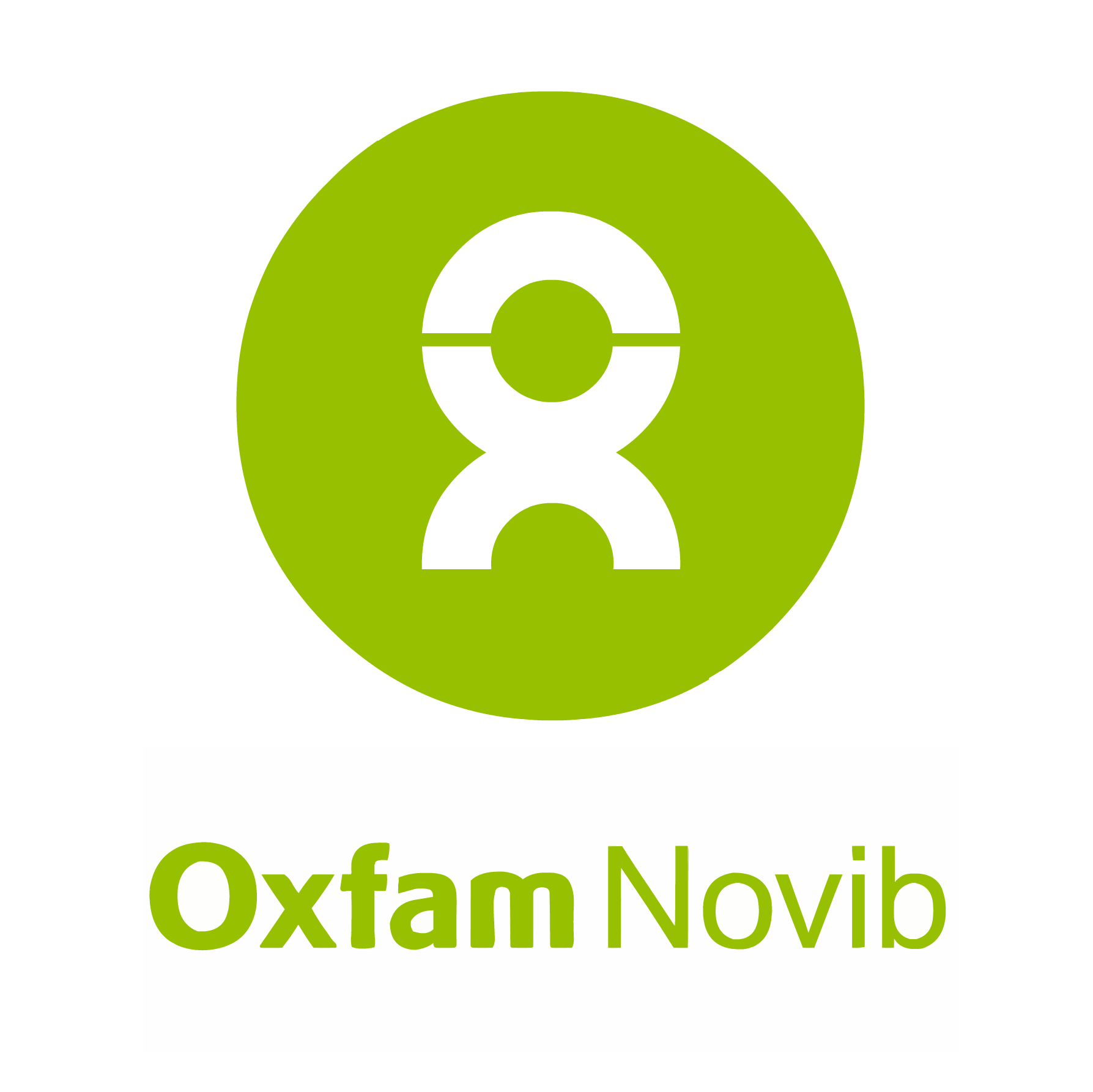Community / Land projects / FAIR4ALL Extractive Value Chains KE
FAIR4ALL Extractive Value Chains KE

€0
01/21 - 12/25
Ativo
This project is part of
Implementing Organisations
Donors
Data Providers
General
The Power of Voices Partnership (PvP) is an influencing programme with the Netherlands Ministry of Foreign Affairs. The programme FAIR for ALL led by Oxfam Novib is five year long initiative implemented jointly with consortium members Huairou Commission, SOMO and Third World Network-Africa (TWN-Africa) aimed at supporting and collaborating with people’s rightful demands towards companies, governments and multilateral organizations for economic, social and environmental justice, promoting global trade and value-chains that are fair for all. The main focus of the FAIR for ALL programme proposal is to support and strengthen CSOs to play their diverse roles; as educators, mobilizers, creators and watchdogs to make trade and value chains FAIR for ALL. In Kenya, the FAIR for ALL programme aims to ensure that communities, especially grassroots women, have the space to meaningfully engage the private sector and government in securing benefits from the extractive sectors and preventing rights abuses. Women small-scale farmers benefit from increased power and capacity to access markets and get better prices for their produce. This will be implemented by Oxfam in Kenya and partners, SOMO, TWN-Africa and partners and Huairou Commission members. The Kenya FAIRfor ALL programme will be implemented by Oxfam inKenya, Third World Network-Africa and partners, Oxfam will focus on the following 1) Strengthening civil society to engage the private sector and to hold the government to account on human rights and the environment. Specific focus will be on land tenure security, by enforcing FPIC and supporting communities in seeking redress; on ensuring international financial institutions invest in projects that have been agreed on by communities; and on supporting communities to get remedy if their rights are violated. 2) Strengthening civil society to engage with public and private actors for transforming the agricultural and extractive sectors to be more locally owned and managed and contribute to more value-addingactivities in the country. We will look to formalize and advance the rights of artisanal miners, ensuring a better share of value in markets and safer, more efficient production. 3) Strengthening civil societyto engage with the government on revenue allocation. This work also includes advocating trade and tax reforms, and demanding transparency around contracts and revenues from extractives (EITI). These objectives will be achieved by strengthening local civil society in Kenya through, • Sensitizing communities, especially grassroots women, about their rights and strengthening their capacity to claim these rights. It is essential to put efforts into training and capacitating community members and their representatives, as opposed to only bigger civilsociety actors advocating to governments and companies on their behalf. • Coordinated efforts to bring together non-state actors, the state, investors and communities to forge practical strategies that can increase opportunities for small-scale workers and producers and curtail ongoing abuse, in particular with regard to land and labour conditions. • Addressing reasonswhy CSOs struggle to engage with governments and the private sector: there is a lack of sound mechanisms for engagement, technical knowledgeand funds, and fear of harassment. • More proactive local level monitoring, documentation of abuse and effective grievance mechanisms to curtail impunity. • Developing a joint civic space protection strategy among civil society actors, and a joint advocacy strategy on human rights defenders’ and violations of rights. To achieve main objectives of the programme, Oxfam will collaboratewith the following groups in Kenya • Kenya Land Alliance: supports a social movement of land-marginalized groups, e.g. by increasing the voice of communities in community development agreements, in which government and investors negotiate benefits for local communities. • Transparency International – Kenya: a not-for-profit organization with the aim of developing a transparent and corruption-free society through good governance and social justice initiatives. • Taita Taveta Human Rights Watch: a grassroots lobby group working on issues of human rights violations within the country.



